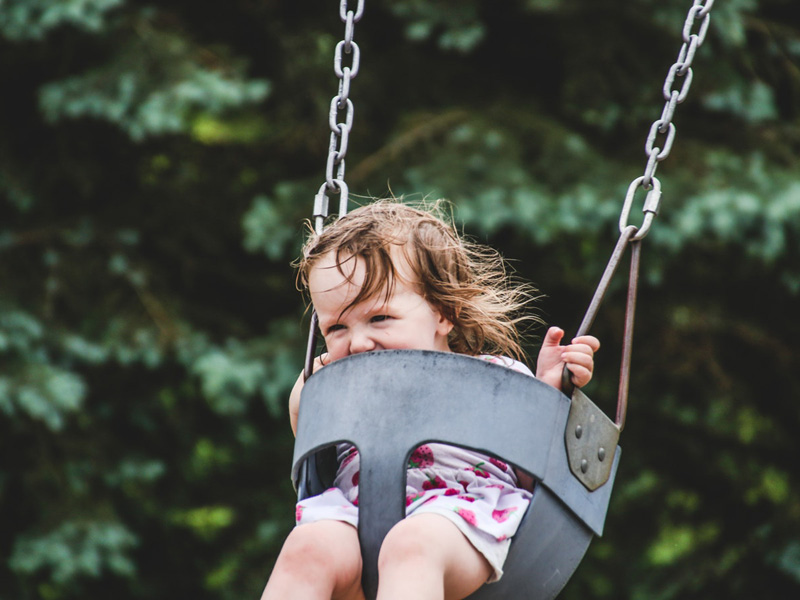Children who are not allowed to play may feel depressed since they cannot spend the energy saved. The children who cannot learn the social rules, sharing and waiting when they are devoid of play, are being sidelined by their coequals since they are combative and incongruous. The children, who learn taking responsibility, cooperation and being respectful via play, develop the entrepreneurial ability, the abilities of running a risk, taking decision and problem solving via play. Besides these, they gain the feature of self-sufficiency in the development of self-confidence and in meeting their emotional and social needs. The children, who are directed to the plays appropriate to their ages, become aware of their social roles in the society and the features that distinguish them from the other individuals. They find the opportunity of expressing the information about themselves and their environment at the time of play.
The child and adolescent specialist, from Memory Center Neuropsychiatry, Dr. Serdar Alparslan emphasizes that play has an important role in the development of children’s physical, mental, language and social capacity. Alparslan who says that the tiddlings prepare themselves for the life by learning the social rules in play, also adds that the children who cannot play may feel depressed. According to psychiatrist Serdar Alparslan the children who cannot spend the negative energy saved in their bodies, are becoming aggressive, and start to proceed to violence.
Alparslan who says that play gives the child the opportunity of giving his attention to something, also gives this information: “The child who experiences giving his attention to one point at the time of play will convey this to his/her daily life. The child who plays learns the information about the time and place concepts in a very natural environment. In group plays, the situations such as waiting, going on, starting and finishing provides the assimilation of time concept within the life. Also the activities held in the garden, in the classroom and in different sides have the property of supporting the place concept. Besides these, the child acquires information about the features of the materials by using the play materials in different situations, mixing the colors with each other, putting the objects in and out of a container.”
According to psychiatrist Serdar Alparslan, the child who learns protecting himself/herself in social play environment cannot learn this in case his/her parents are too interventionist. The child always feels need for the support of the parent. And this prevents the development of self-confidence. The clinical psychiatrist Hande Ertaş says that knowing their abilities well eases controlling the behaviors of the children and following their development. According to psychiatrist Ertaş, who conveys that there is always self-confidence problem with the withdrawn children, in order to develop self-confidence the child should involve in activities that he/she can express himself / herself and he/she can display his/her abilities. Ertaş suggests the children with adaptation problem group sports that support social adaptation and individual sports that is beneficial for decreasing the attempt at violence.



